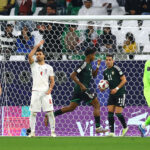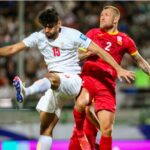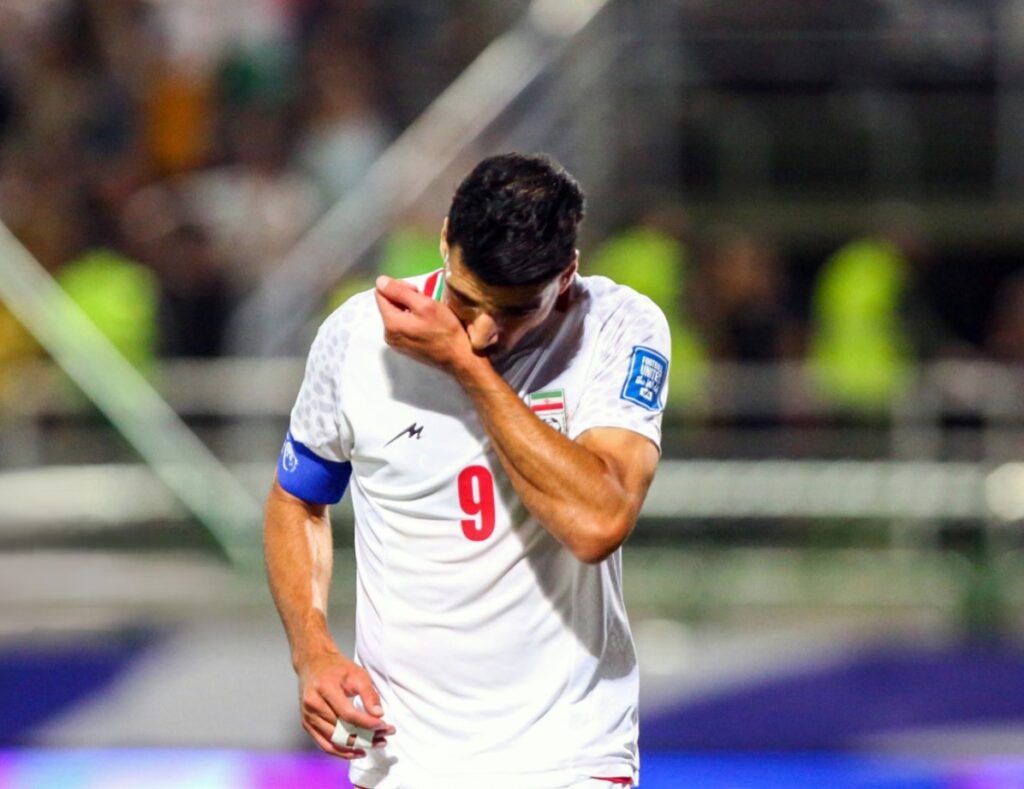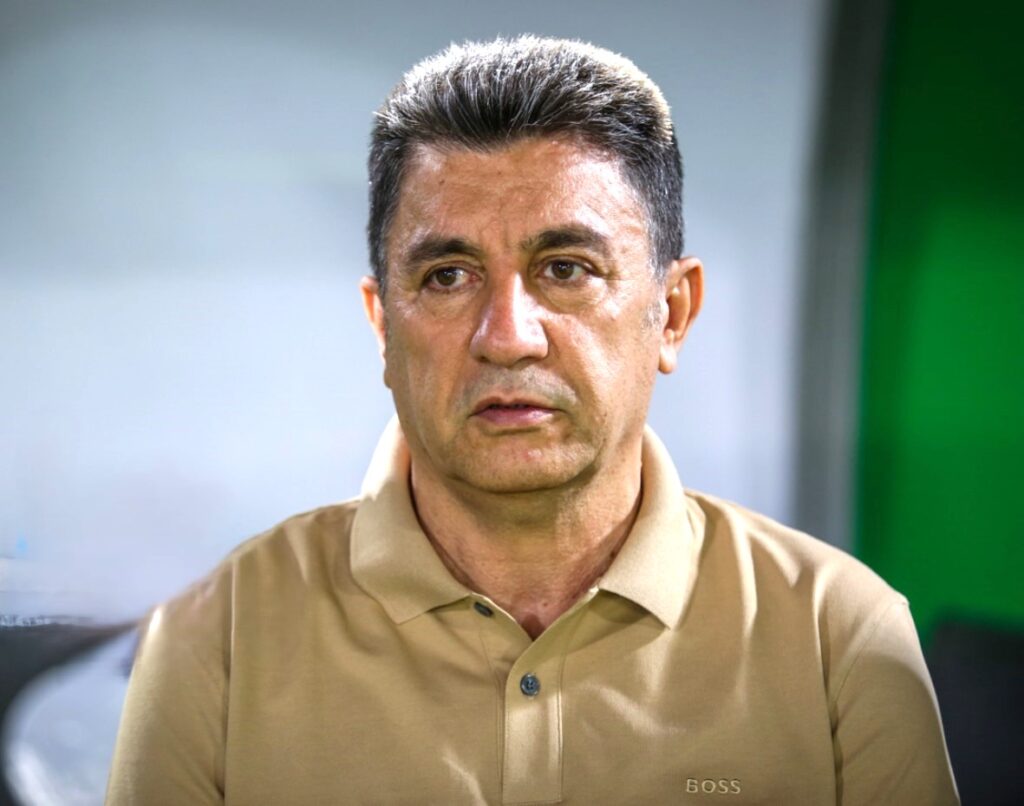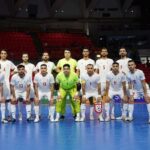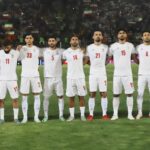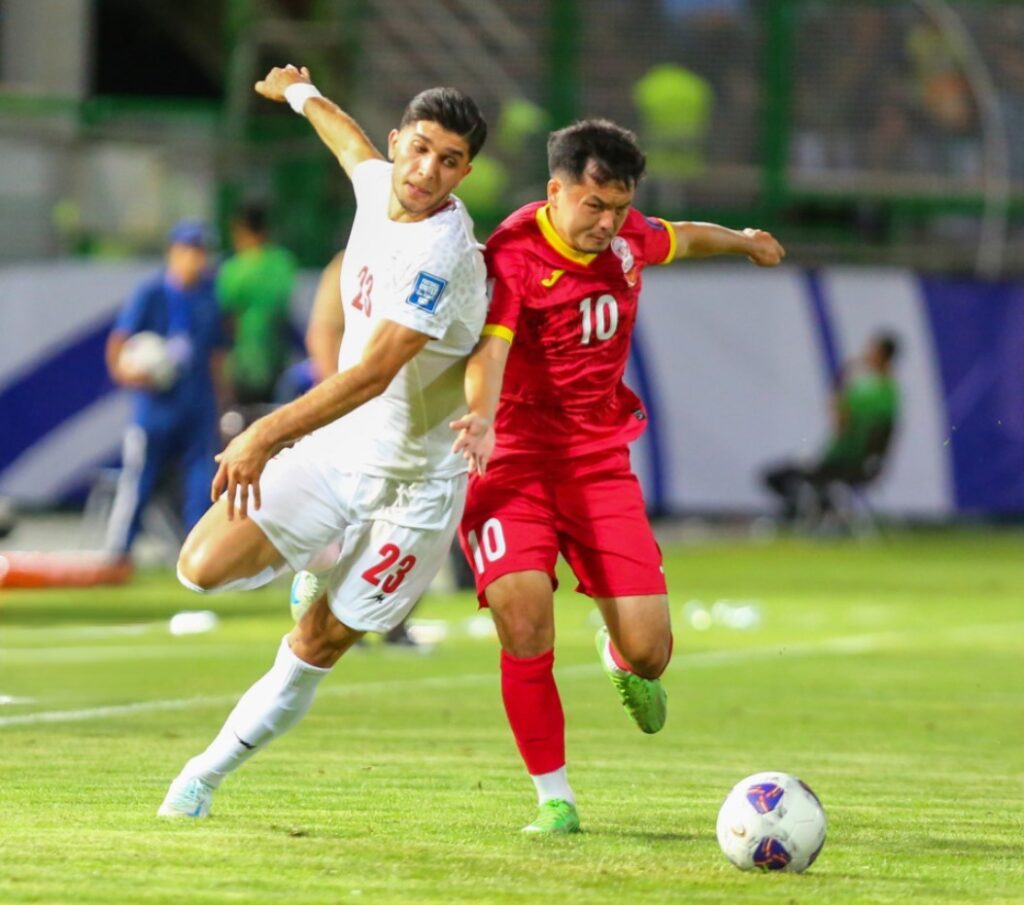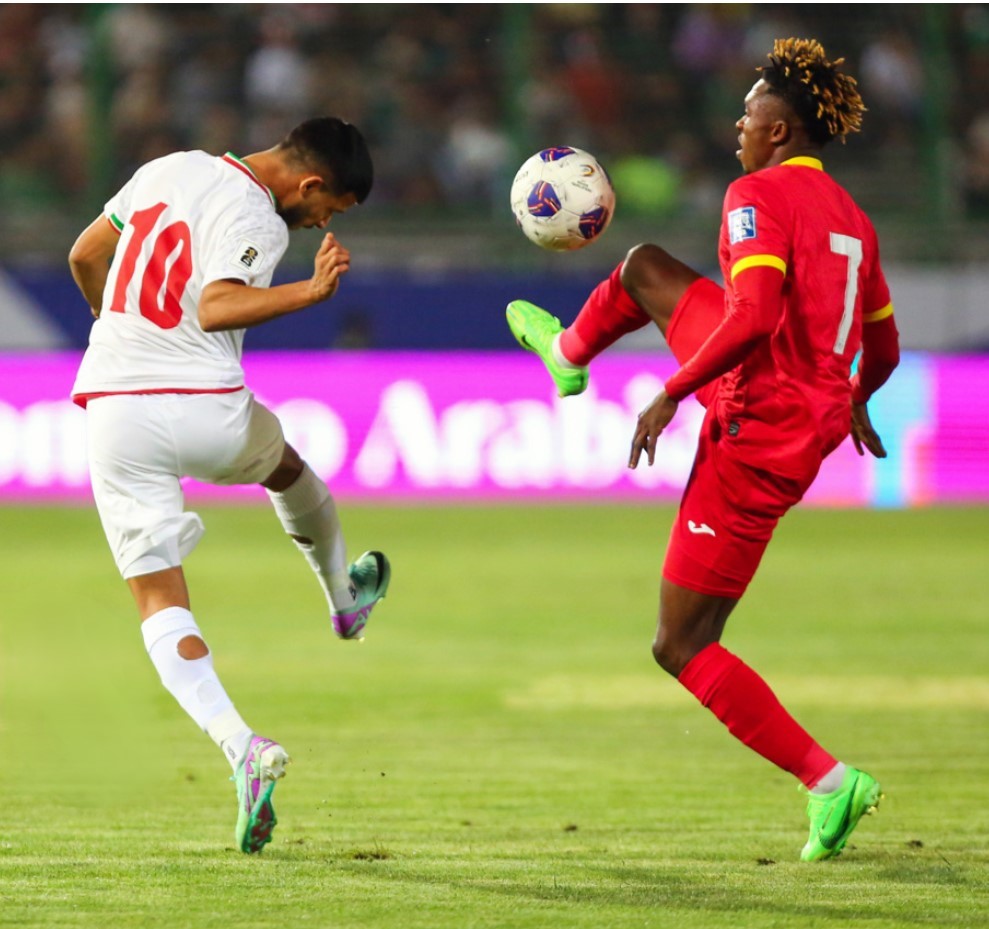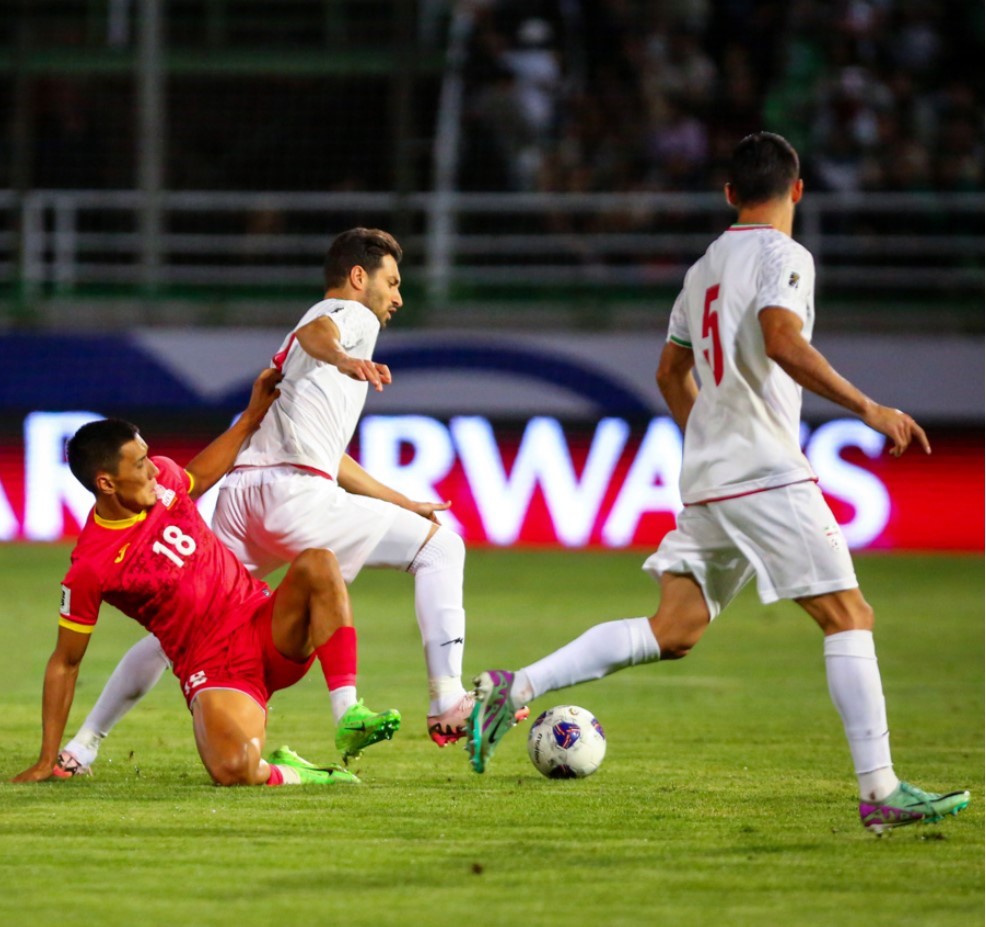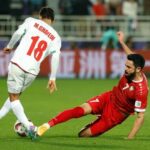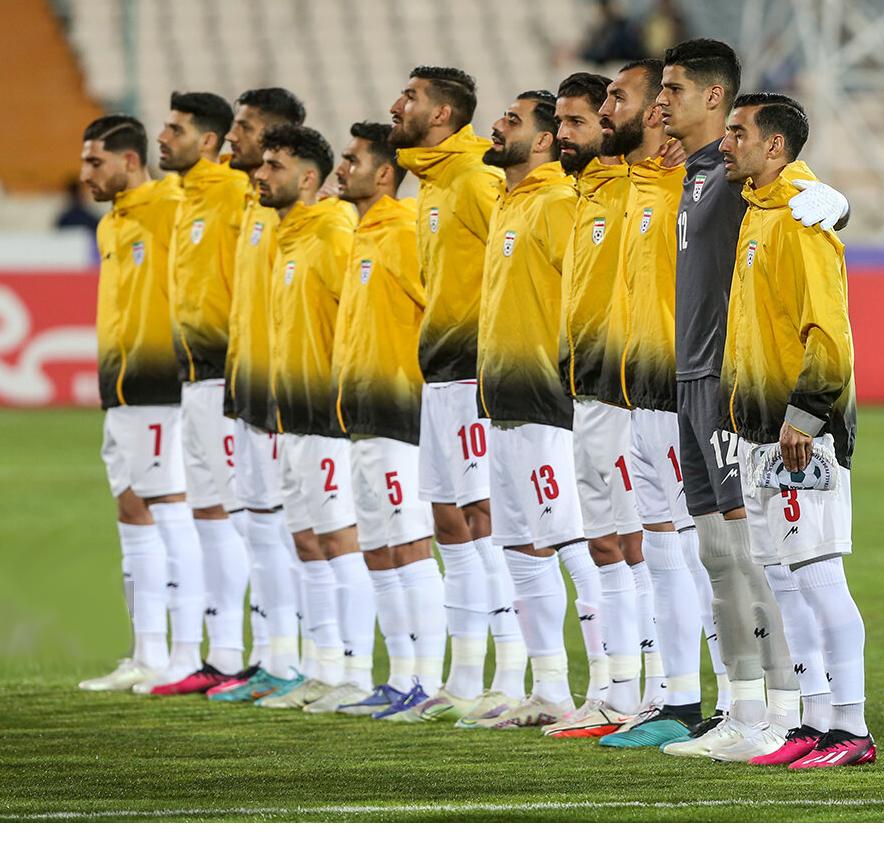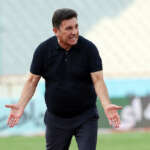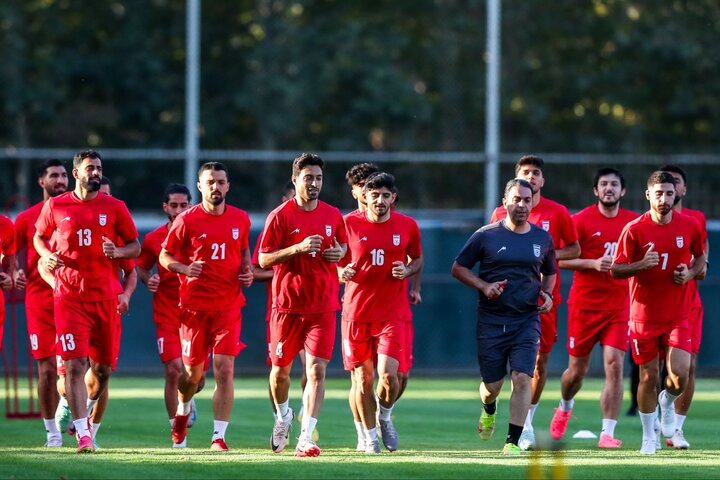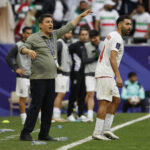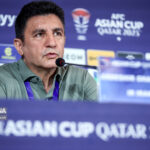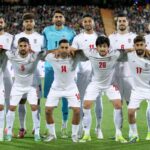The UAE will host Iran’s Team Melli in the third round of the FIFA World Cup 2026 qualifiers, on Tuesday, September 10th, in Al Ain. This match is pivotal for both teams, especially with each securing victories in their opening matches, albeit under different circumstances. A win for either team in Al Ain will be a major confidence booster and an important step toward World Cup qualification.
The UAE’s victory over Qatar in Doha was both impressive and unexpected. Not only did they come from behind to win, but they also executed a game plan of high quality, leaving observers surprised by the result. On the other hand, Iran’s lackluster performance against Kyrgyzstan has been met with heavy criticism, both toward the players and the coach. The match on Tuesday is crucial for Iran, as history has shown that a poor result for Team Melli often leads to a series of underwhelming performances.
The Importance of Iran’s Legionnaire Players
The backbone of Team Melli is formed by its legionnaire players, many of whom play for top European clubs. These players have access to world-class facilities, a dream for most domestic footballers in Iran. However, despite their potential, their performance against Kyrgyzstan was far below expectations. A repeat of that performance against the UAE could prove detrimental to Team Melli’s hopes of qualification.
One of the pressing concerns is that Iran’s legionnaire players often fail to replicate their club form when playing for the national team. Iran, a vast country with abundant resources, currently has only one international-standard stadium, which is under renovation. This forced Team Melli to play in less-than-ideal conditions, such as the poor pitch in Fooladshahr. However, in Al Ain, the pitch will meet international standards, offering no excuses for a subpar performance.
For example, Mehdi Taremi, who shines at FC Porto, was unable to display the same quality in the national team against Kyrgyzstan. The inadequate facilities and the inconsistent motivation among the players are often cited as reasons for this drop in performance.
Iran’s Struggles with Motivation
There is widespread belief that Iran’s players, particularly the legionnaires, lacked motivation in their match against Kyrgyzstan, a team ranked 102nd in the FIFA rankings. That won’t be the case against the UAE, a much stronger team that demands a higher level of performance and focus.
UAE’s Advantages
The UAE boasts a well-organized league that features a number of high-quality foreign players. While it may not yet match the level of Saudi Arabia’s league, the presence of these talented foreigners has already made a positive impact on the UAE national team. The UAE plays a modern, possession-based style of football, heavily influenced by these foreign players.
Paulo Bento, the UAE’s head coach, is a seasoned figure in international football with a long track record of success. Bento’s tactical flexibility, experience, and discipline have already added significant value to the UAE squad. He is known for making tactical changes during games when things aren’t going well, and he doesn’t hesitate to bench even star players if they aren’t performing. The Iranian crowd presence in the UAE will likely counteract the home crowd advantage, even though Al Ain is not a major center for the Iranian diaspora.
Iran’s Weaknesses
Iran’s head coach, Amir Ghalenoei, initially presents a solid game plan, but he struggles when the game requires tactical changes or substitutions. This has been a persistent weakness throughout his coaching career. A competent coach must be able to adapt when things don’t go according to plan, and this is where Ghalenoei often falls short.
On paper, Iran’s individual players possess more talent and experience than the UAE’s squad. However, individual skills alone won’t be enough; teamwork and coordination will be crucial. History is certainly on Iran’s side, as the UAE has never beaten Iran in an official match. The last time these two teams met was in the AFC Asian Cup 2023 a few months ago, where Iran triumphed 2-1, though three of Iran’s goals were controversially disallowed by VAR.
The biggest concern for Iran is the lack of coordination between players across all positions. The defense and midfield remain suspect and vulnerable. Even the team’s strongest assets, the attacking duo of Taremi and Azmoun, seem out of sync. Sardar Azmoun’s attitude has come under scrutiny, as he often appears disinterested and at times, no more than a pedestrian, while Taremi’s constant movement without proper positioning has confused his own teammates more than the opposition.
Key Player: Alireza Beiranvand
Alireza Beiranvand, Iran’s goalkeeper, will play a crucial role on Tuesday. His performance against Kyrgyzstan was a highlight, with several key saves that arguably saved the game. He will need to replicate that level of performance to compensate for the weaknesses in Iran’s defense.
Head2Head
Iran vs UAE
| H / A / N | Matches | W | D | L | Goals | + / – |
| H | 5 | 4 | 1 | 0 | 4 – 0 | +4 |
| A | 8 | 6 | 1 | 1 | 14 – 4 | +10 |
| N | 6 | 5 | 1 | 0 | 10 – 1 | +9 |
| Total | 19 | 15 | 3 | 1 | 28 – 5 | +23 |

